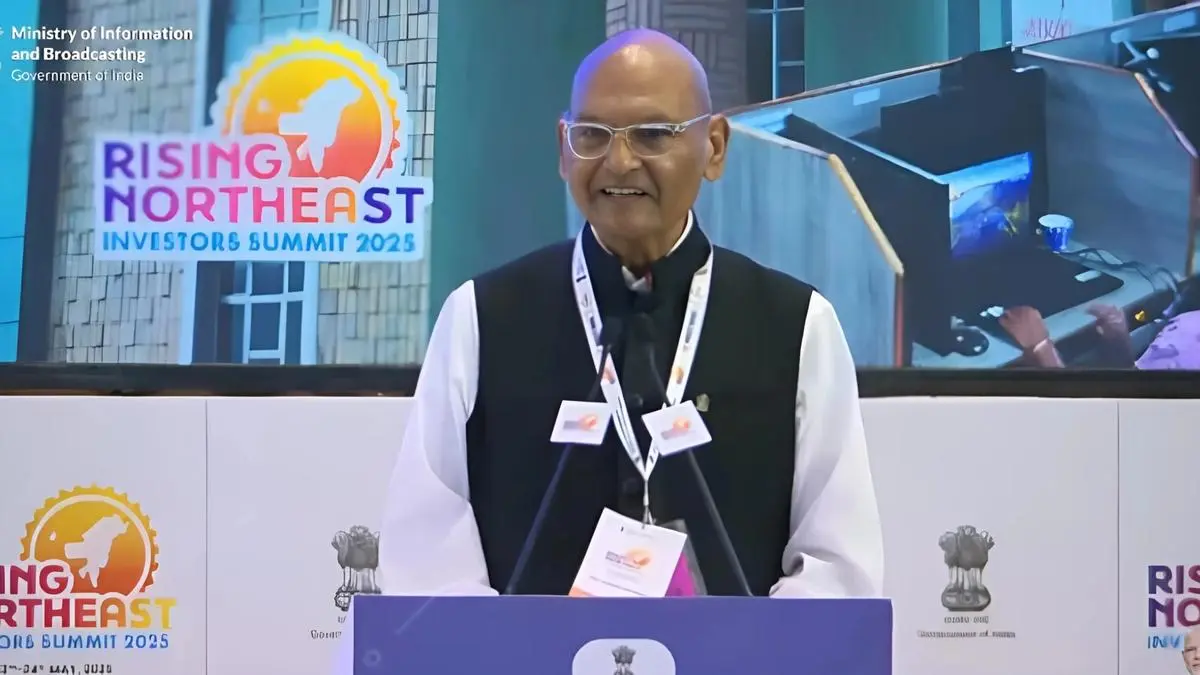Vedanta Ltd has committed ₹80,000 crore of investment in the North East, which includes ₹50,000 crore in hydrocarbons in Assam. The company will also be play a bigger role in the area of critical minerals, said Anil Agarwal, Chairman, Vedanta Ltd. According to him, India is right in pushing for protectionist measures, including safeguards on select metal imports. Previously, Agarwal had batted for a safeguard duty on aluminium imports, on the lines of similar protectionist measures announced for steel. A large available market does not mean it will used for dumping purposes, he explained. In an interview with businessline, Agarwal talks about tapping into the North East, the company’s critical mineral play, while supporting the protectionism measures that India has brought in to protect domestic industry. Excerpts:
How do you see the role of critical minerals in India, especially given its dependency on imports?
India is heavily dependent on imports for critical minerals such as copper, aluminium, oil, gas and rare earths, making it a deficit market. To address this, we need to encourage exploration and mining through supportive policies. Globally, developed nations have thrived by leveraging their natural resources, while India has historically relied on public sector companies.
Private sector companies, including Vedanta and Hindustan Zinc, are now stepping in to unlock the potential of regions such as North-East India, which is rich in oil, gas, and rare earths. The North East, for example, has unique potential with both below-ground (minerals, oil) and above-ground (tea, agriculture) assets, making it a prime area for investment.
What are your investment commitments in the North East?
The North East is a unique region with vast untapped potential for critical minerals, oil, and gas. It was one of the first regions in India where oil was discovered (Assam). We are investing approximately ₹70,000 crore to ₹80,000 crore in the North East to explore and develop these resources, including a ₹50,000 crore investment in hydrocarbons in Assam. However, this requires significant government and community support, as well as attracting skilled explorers, who are in high global demand. The region’s potential is comparable to some of the world’s top mineral-rich areas, but extensive exploration is needed to realise it.
With Vedanta and Hindustan Zinc winning critical mineral blocks in India, what is the way forward?
The private sector is taking the initiative in India’s mining industry, which has traditionally been dominated by government companies. This shift is a long-term process requiring significant effort, patience, and technological innovation. While we have not yet achieved major breakthroughs, educating stakeholders about the importance of critical minerals for India’s future is crucial. The private sector’s involvement, backed by companies such as Vedanta, is a step towards reducing import dependency and building a sustainable mining ecosystem.
India lacks processing facilities for critical minerals. Do you see Vedanta stepping in here, too?
Processing is relatively easier compared to mining, which is a challenging and time-consuming process that can take 10-15 years. Vedanta is already processing everything it produces. While there is a gap in India’s processing capabilities, it is not as significant as the challenges in mining.
Many companies aim to process minerals into value-added products such as steel or aluminium, and Vedanta is well-positioned to contribute to this space.
Is there a need to relax mining laws in India, particularly for tapping critical minerals?
Yes, there is a need to simplify regulations to encourage mining, especially for critical minerals. India’s red-tapism has been a barrier, but the government is increasingly aligning with global norms. For example, adopting a self-assessment model similar to income tax returns — where companies declare compliance with environmental and other norms without needing pre-approvals — could streamline processes. [Adopting] technology, such as online approvals, can further reduce delays and make India more competitive in the global mining sector.
You recently called aluminium the “metal of the future”. With Vedanta already involved in copper and now aluminium, what is your strategy?
Aluminium and copper are both critical materials for the global economy, especially for industries such as renewable energy, electric vehicles, and infrastructure.
Vedanta is strategically positioned to expand its presence in both metals. However, global trade dynamics, such as anti-dumping duties in countries such as the US and Europe, pose challenges. India must protect its local industries from becoming dumping grounds for cheap imports or scrap. By leveraging technology and focussing on domestic production, we aim to meet the growing demand in India’s 1.4 billion-strong market.
How do you see India navigating global trade protectionism challenges such as Europe’s CBAM and US’s tariff tantrums?
Every country, including India, must protect its domestic industries, particularly from unfair trade practices like dumping. India is a fast-growing market with 1.4 billion people, making it a prime target for global exporters. By imposing anti-dumping duties and fostering local production, India can safeguard its industries while capitalising on its market potential. The government is vigilant and technology-aware, ensuring policies align with national interests. Vedanta is committed to producing domestically to meet India’s needs and reduce reliance on imports.
